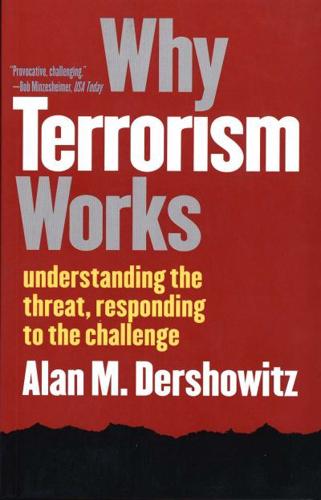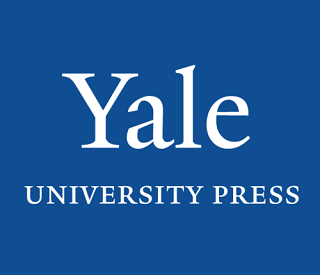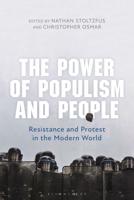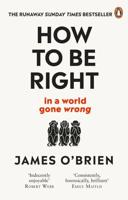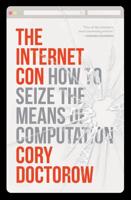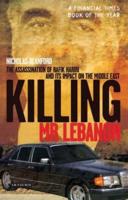Publisher's Synopsis
One of America's most distinguished defenders of civil liberties presents measures that will prevent terrorism and still uphold our democratic values
The greatest danger facing the world today, says Alan M. Dershowitz, comes from religiously inspired, state sponsored terrorist groups that seek to develop weapons of mass destruction for use against civilian targets. In his newest book, Dershowitz argues passionately and persuasively that global terrorism is a phenomenon largely of our own making and that we must and can take steps to reduce the frequency and severity of terrorist acts. Analyzing recent acts of terrorism and our reaction to them, Dershowitz explains that terrorism is successful when the international community gives in to the demands of terrorists-or even tries to understand and eliminate the "root causes" of terrorism. He discusses extreme approaches to wiping out international terrorism that would work if we were not constrained by legal, moral, and humanitarian considerations. And then, given that we do operate under such constraints, he offers a series of proposals that would effectively reduce the frequency and severity of international terrorism by striking a balance between security and liberty.
The greatest danger facing the world today, says Alan M. Dershowitz, comes from religiously inspired, state sponsored terrorist groups that seek to develop weapons of mass destruction for use against civilian targets. In his newest book, Dershowitz argues passionately and persuasively that global terrorism is a phenomenon largely of our own making and that we must and can take steps to reduce the frequency and severity of terrorist acts. Analyzing recent acts of terrorism and our reaction to them, Dershowitz explains that terrorism is successful when the international community gives in to the demands of terrorists-or even tries to understand and eliminate the "root causes" of terrorism. He discusses extreme approaches to wiping out international terrorism that would work if we were not constrained by legal, moral, and humanitarian considerations. And then, given that we do operate under such constraints, he offers a series of proposals that would effectively reduce the frequency and severity of international terrorism by striking a balance between security and liberty.
